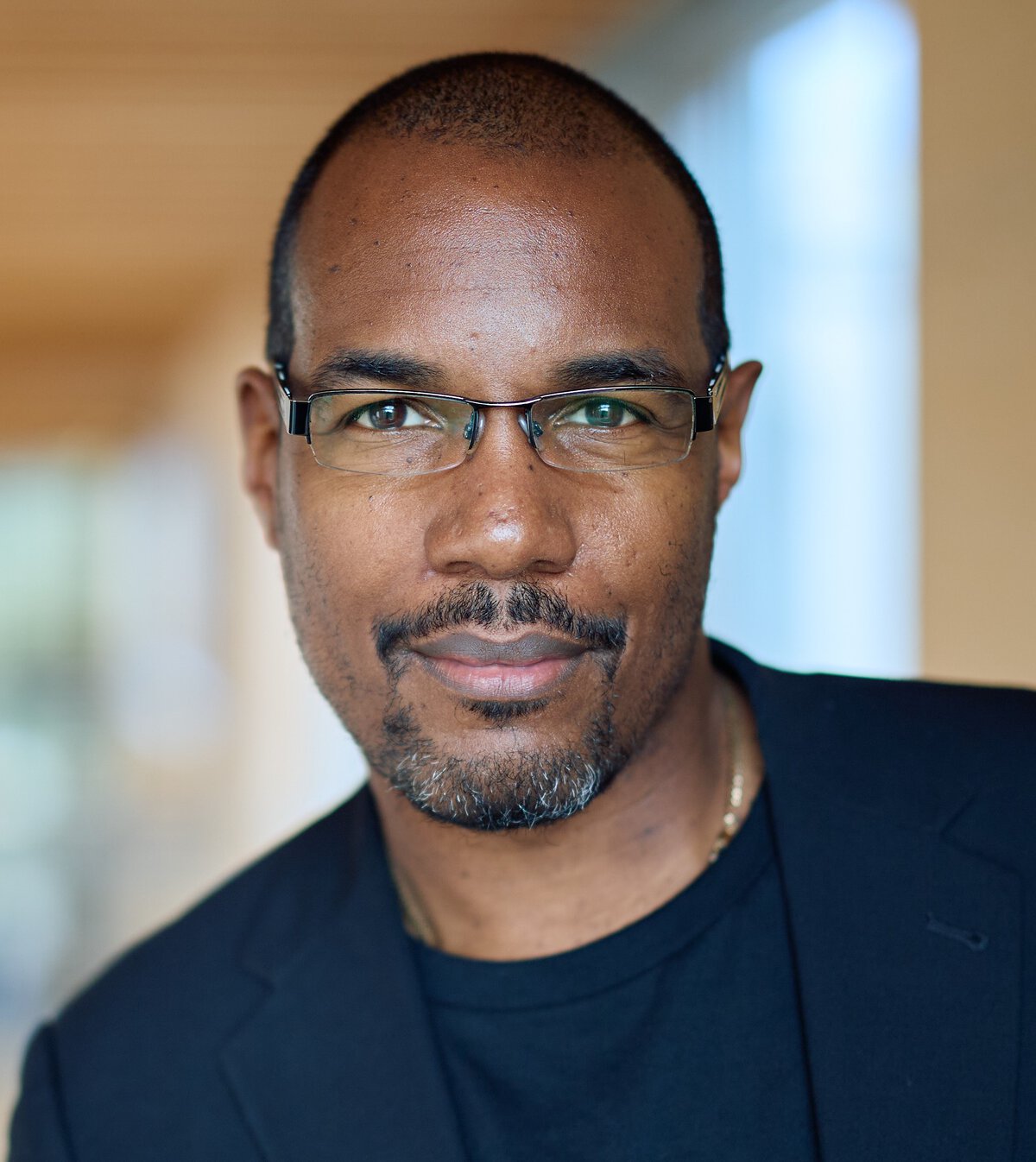This story was originally published by Reasons to be Cheerful
Iris Brilliant grew up in a wealthy family. Despite all the opportunities this offered, something about it felt deeply uncomfortable to her.
“I felt like the only thing that mattered in affluent culture was how you appear, the grades that you get and the achievements that you accomplish,” she says. It made her depressed and lonely, “like life was in black and white, not in full colors.”
Then, in her 20s, Brilliant inherited money — “that I was very clear I did nothing to earn” — from her great-uncle. She sought out Resource Generation, a US community of privileged 18- to 35-year-olds who commit to distributing wealth and power. There, she found her “political home” and soon made drastic changes. “I gave away half of my inheritance. I divested from Wall Street. I live off what I earn now, and I feel really excited about and pleased with the current ways I relate to money,” Brilliant says.
While other inheritors have taken similar steps, Brilliant has dedicated her career to this issue. Now aged 36, she describes herself as “a progressive or leftist money coach,” helping rich clients to understand the source of their wealth, get involved in social justice movements, grapple with complex emotions — and of course, give money away. These services may sound niche, but Brilliant says she has plenty of demand. And she’s just one of a growing crop of advisors urging clients to reconsider how much money they actually need.
New breed
Wealth or financial advisors typically help affluent families and individuals to preserve and grow their assets; some also offer guidance on philanthropic giving. Specialist philanthropy advisors encourage clients to give more, and to do so more effectively; they might introduce ideas like social justice and wealth redistribution, but more likely as a gentle nudge, rather than making this their explicit position.
But some advisors tackle these topics head-on. Among them is former private wealth lawyer Stephanie Brobbey, who founded the UK-based Good Ancestor Movement in 2021. This nonprofit provides a three-month education program for “wealth-holders who dream of playing an active role in building a reparative, redistributive and regenerative world,” and has worked with dozens of families and individuals to date. Also in the UK, philanthropy advisory firm Ten Years’ Time helps organizations and individuals to “shift from a mindset of preservation to one of redistribution,” with a focus on giving to people of color and Indigenous communities; clients have committed at least £80 million since 2015. In the US, Resource Generation’s database lists some 60 advisors and coaches who can help with “more powerful redistribution and reinvestment.”
Weighed down by negative news?
Our smart, bright, weekly newsletter is the uplift you’ve been looking for.
Why might clients turn to these professionals? Excess wealth can be damaging — for example, wealth is associated with lower empathy and compassion, and more susceptibility to addiction — so some rich parents prefer to limit what they hand down to their children. Studies suggest that happiness declines beyond a certain level of income (although there is ongoing debate about the specific threshold). Brilliant, who worked for Resource Generation for five years before training as a coach, argues that riches bring more feelings of insecurity. “As you get wealthier, the [level of wealth] that feels like ‘enough’ only increases, which, of course, creates suffering because you can’t appreciate what you have. There’s more fear the more money you have.”
A super-rich lifestyle also “alienates you from the rest of the world”: You might miss out on the confidence and skills gained from a regular job, for example. And it can negatively impact relationships. “I’ve had a client who was so haunted by her access to wealth, and embarrassed that she didn’t work, that she was too afraid to date,” Brilliant says. Another felt unable to remove themselves from “quite abusive” parents because of their wealth.
There are strong moral motivations too, of course. Kristina Johansson, who co-founded the UK branch of Resource Generation, Resource Justice, says that, as younger members of a wealthy family, she and her sisters felt a clear need to act amid a climate crisis, rising authoritarianism and global austerity. Speaking in 2020, she said: “We felt that as ‘next-gen’ inheritors, sitting idly by and perpetuating this wealth inequality just wasn’t compatible with a living planet.” She co-founded and now runs her family foundation, focused on social justice.
Others want to make up for past harms. Brilliant recently worked in Berlin with a group of 20- and 30-somethings whose inherited wealth is linked in some way to the Third Reich. Some rich folk want to give away wealth gained through past associations with slavery or the fossil fuel industry.
Generous generation

In 2023, more than 500 Resource Generation members pledged to redistribute $120 million; the hope is to eventually reach 10,000 members moving over $1 billion a year. Alongside sister organizations in the US and UK, there are counterparts in Canada and German-speaking Europe, with interest in Australia, France and Scandinavia. Meanwhile, Ten Years’ Time gets referrals from more mainstream advisors whose clients increasingly raise questions around climate or racial justice, says co-CEO Derek Bardowell.
Many attribute this heightened awareness to events of recent years including the Covid-19 pandemic, growing racial justice movements, and increasing visibility of the climate crisis. Philanthropists can’t afford to hang about, says Bardowell: “I have an urgency around this. There are really good organizations on the ground doing amazing work that needs resourcing.” The opportunity may be ripe: Globally, baby boomers are expected to pass on between $35 trillion and $70 trillion to millennials in the coming two decades, and the latter have been billed the “generous generation” because they want their money to have a positive impact.
Doorway to more
For Brilliant, the ideal outcome of her work is when clients start giving more money away, prompted not by guilt or shame but by “excitement for what moving money feels like, and can accomplish.” They are more open about their wealth, and speak out against endless wealth accumulation. They rethink where their money is invested — and maybe who they consult for advice.
But, with any advisor or coach, that process can take time. And there’s still a limited number of them ready to guide clients in this way. Johansson says her early experience with professional advisors was “not great”: An understanding of and commitment to social justice was “wholly missing” from the private wealth sector. That’s slowly changing. But it is still “incredibly rare,” at least in the UK, for advisors to explicitly position themselves as focused on redistribution, says Bardowell.

Philanthropy can only go so far — but it can be a “doorway” to more difficult conversations, says Bardowell. Ten Years’ Time advisors aren’t afraid to tell clients that trying to offset “poor and extractive” investments by giving away two percent of their wealth won’t cut it, for example. “We will bring up: What would it mean for you to pay your taxes? … What would it mean to be holistic in the way that you are distributing your wealth?” These are no longer extreme ideas. As part of Patriotic Millionaires, for example, rich people in the US, UK, Denmark and Germany are campaigning to pay higher taxes.
Lone voice
Perhaps the biggest challenge faced by progressive advisors is that they might be the only voice reassuring the client that they can survive with less money.
“We might be [working] for a very small period of time with a particular client whose whole world is geared towards preservation and accumulation,” says Bardowell.
Brilliant echoes this. “Every force in the world pressures someone with wealth to keep their money,” she says. That includes family members, who often fear for the person’s long-term security, but also financial advisors, who may have been engaged by a parent decades ago and are almost a part of the family. “They’re worried that their financial advisor will get mad at them. That’s a common one,” she says.
More broadly, “the world that we live in is scarcity, scarcity, scarcity,” Brilliant says. That mindset is understandable, particularly in countries with few social safety nets. But holding onto wealth doesn’t guarantee safety either: Climate change, large-scale migration, and conflict cause uncertainty and fear for all.
Going against the grain and giving more money away, meanwhile, could help to address some of these pressing issues. And for Brilliant, people of all levels of wealth should note that some of the world’s most fortunate are doing just that.
“I hope it gives people a sense of hope to know that there’s this growing, blossoming global movement of rich people who deeply want to fight the system that benefits them materially,” she says.
The post Giving Away Money Is Good for You appeared first on Reasons to be Cheerful.




